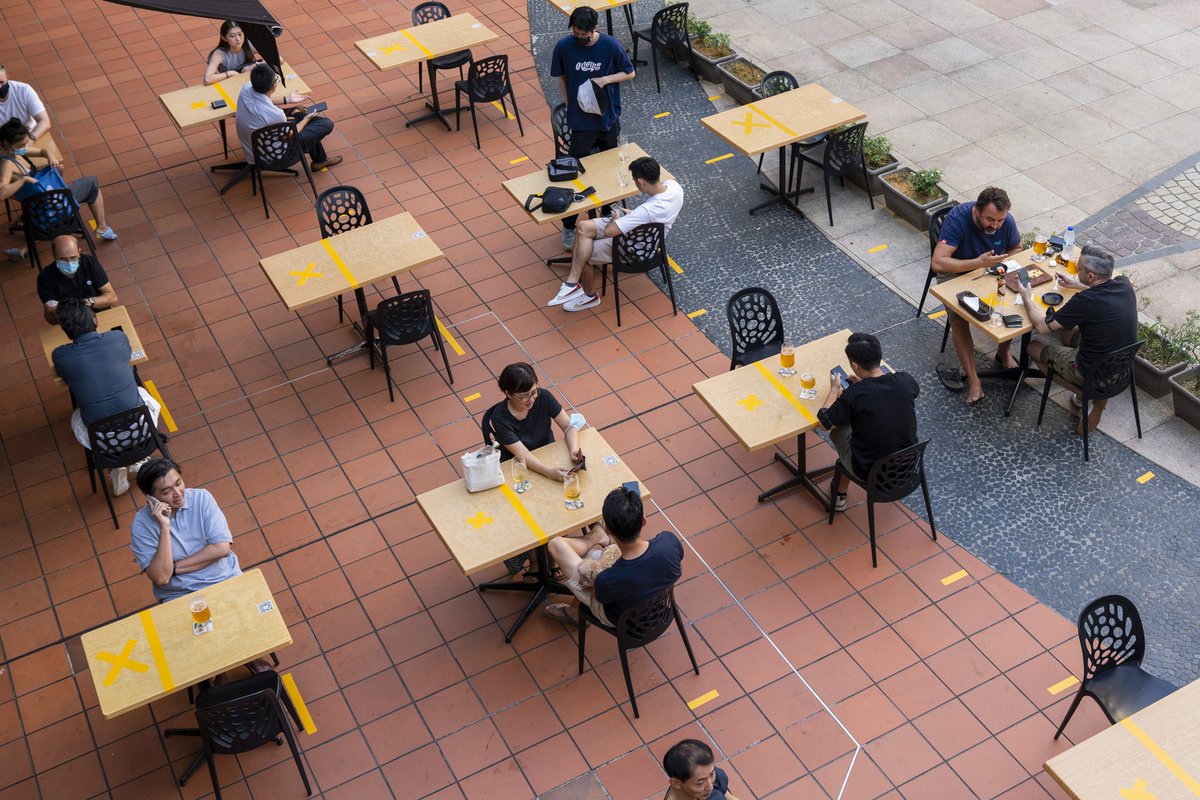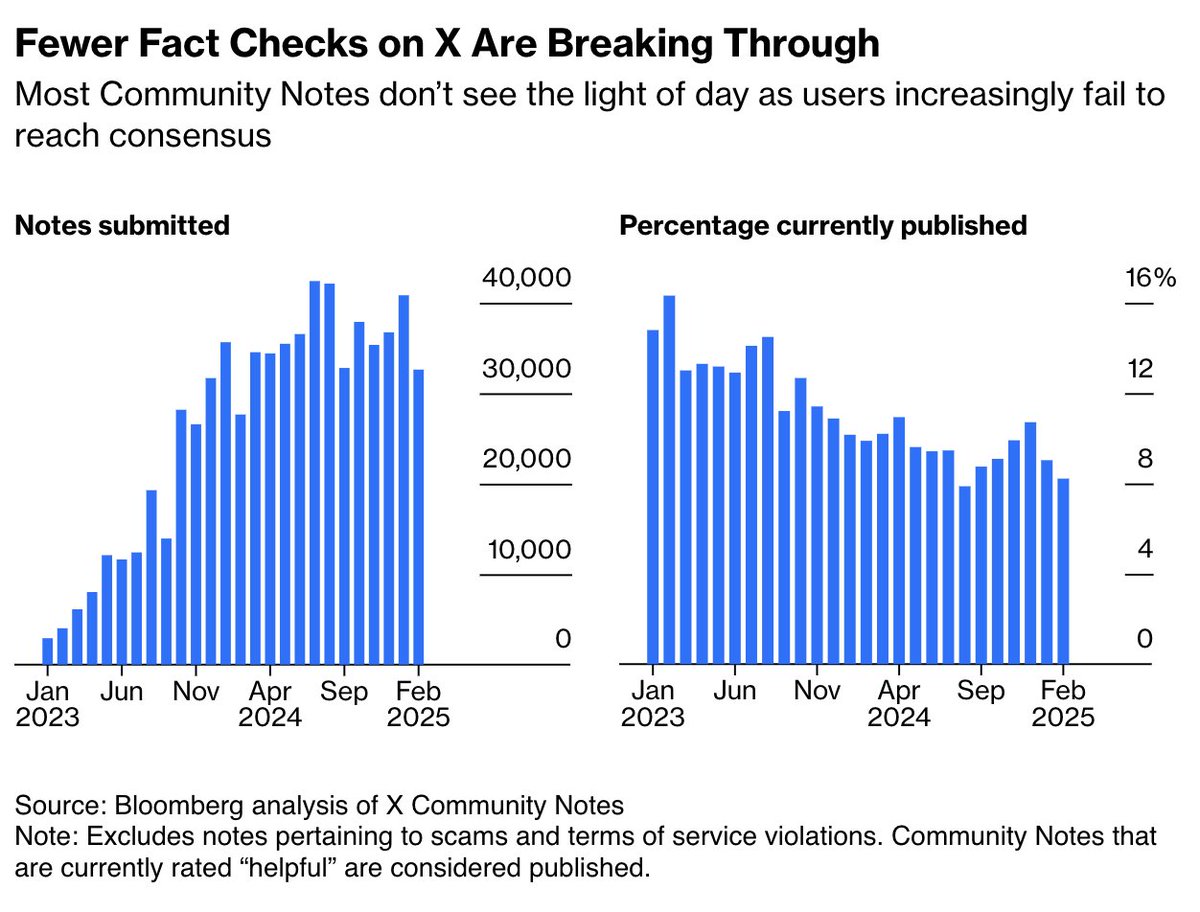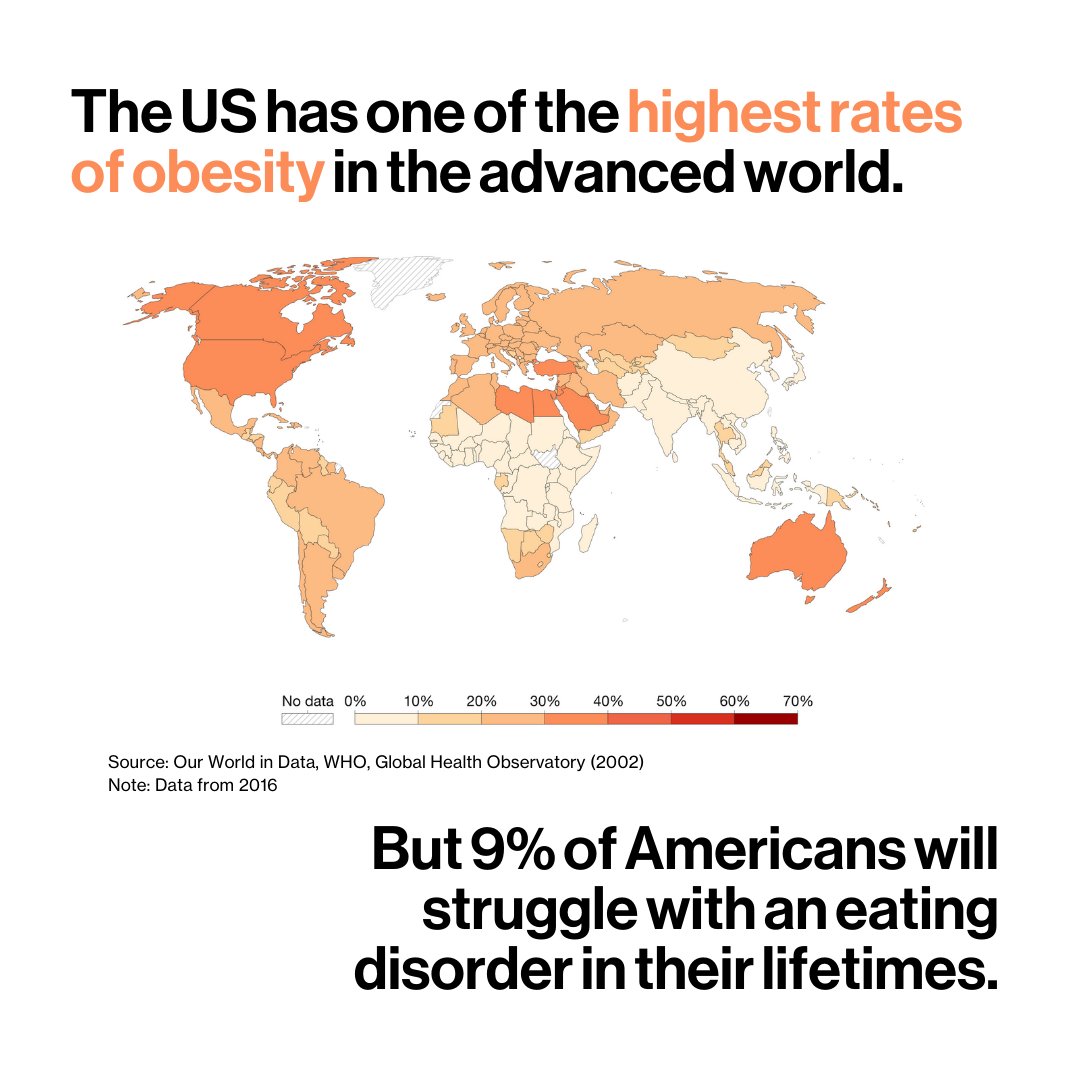It was just a matter of time before Singapore’s commitment to live with Covid-19 would be tested.
The only surprise is how quickly that moment came and how avoidable it was trib.al/uxFhm7X
The only surprise is how quickly that moment came and how avoidable it was trib.al/uxFhm7X
Singapore announced it would tighten certain social-distancing measures to contain a cluster that started at a karaoke lounge.
The outbreak will delay reopening plans, which could be rolled back significantly if virus numbers surge trib.al/RAvrZF4
The outbreak will delay reopening plans, which could be rolled back significantly if virus numbers surge trib.al/RAvrZF4

The announcement came days after restrictions eased and weeks after the government announced its intention to shift from a “Zero Covid” strategy to a “new normal.”
For risk-averse Singapore, it promised to be a significant step trib.al/RAvrZF4
For risk-averse Singapore, it promised to be a significant step trib.al/RAvrZF4

The government’s instinct to do whatever it takes to curb this outbreak has merit.
Yet there’s little indication that the latest measures are informed by the government’s new guiding philosophy, even if Singapore hasn’t hit its vaccination target trib.al/RAvrZF4
Yet there’s little indication that the latest measures are informed by the government’s new guiding philosophy, even if Singapore hasn’t hit its vaccination target trib.al/RAvrZF4

Facilities aren't at the point of being overwhelmed. As of July 16, 1,000 ICU beds had been set aside for Covid patients. As of July 19:
➡️ One elderly patient is in ICU for Covid
➡️ Five cases require oxygen supplementation
➡️ 242 people are in hospital trib.al/RAvrZF4
➡️ One elderly patient is in ICU for Covid
➡️ Five cases require oxygen supplementation
➡️ 242 people are in hospital trib.al/RAvrZF4

The latest events are another example of Singapore’s impulse to micromanage its pandemic response with a curation of dos and more often don’ts.
It’s the inability to see the bigger picture that has become the country’s Achilles’ heel time and again trib.al/RAvrZF4
It’s the inability to see the bigger picture that has become the country’s Achilles’ heel time and again trib.al/RAvrZF4

If Singapore wants to go back to trying to live with the virus, it must interpret the data in ways that will make its people feel safe, not fearful bloomberg.com/opinion/articl…
Singapore should focus on the figures that matter:
➡️ Vaccination rates
➡️ Serious Covid cases
➡️ Serious deaths trib.al/sL75Hu6
➡️ Vaccination rates
➡️ Serious Covid cases
➡️ Serious deaths trib.al/sL75Hu6

Changing the way it communicates important data to the public is cost-free and one of the easiest ways to start down the path to a new normal.
Flexibility is meaningless if it only applies in good times trib.al/sL75Hu6
Flexibility is meaningless if it only applies in good times trib.al/sL75Hu6
Singapore has a compliant population. But its people are now weary and frustrated.
To successfully transition to living with the virus, it’s critical to pre-empt the obvious hazards bloomberg.com/opinion/articl…
To successfully transition to living with the virus, it’s critical to pre-empt the obvious hazards bloomberg.com/opinion/articl…
• • •
Missing some Tweet in this thread? You can try to
force a refresh














